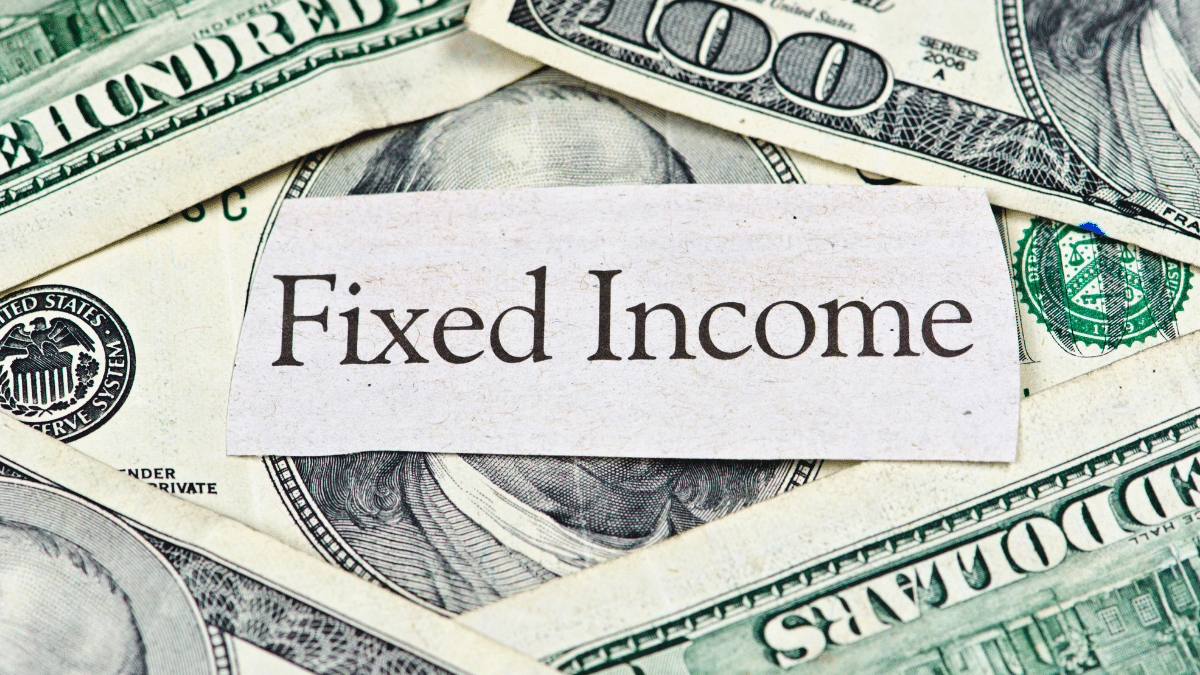These debt instruments can be used to diversify your portfolio. Fixed-income investments offer a safe and low-risk way for investors to earn a steady stream of income, especially retirees. These types of debt instruments provide a guaranteed return as long as they are held until maturity. This is because fixed-income securities pay in advance.
Here is a list of common fixed-income securities, and how they work.
Bonds
A bond is a loan or obligation that an investor makes to an issuer (e.g. A government or company. The issuer will promise to pay the principal or face value of the bond on a fixed date. Regular interest payments will be made (typically every six months). Most bonds are issued by corporations and governments.
Savings bonds
The savings bonds issued by Canada and the various provinces are not like conventional bonds. Canada Savings Bonds (CSBs), a safe investment vehicle, provided Canadians with a guaranteed return rate for many years. CSBs are no longer available for purchase. However, they typically pay a minimum guaranteed rate (compound interest bonds were also available). There were no fees and can be cashed at any moment. Noting that any outstanding CSBs have reached maturity and are no longer earning interest, now is the time to redeem them at local banks. The face value and accrued interest will be paid by banks in cash or as a bank deposit.
Read: What do earnings reports mean?
NHA Mortgage-Backed Securities
An investment in a National Housing Act MBS (NHA) combines the best features of residential mortgages with Canadian government bonds. MBS investors get a monthly income that consists of principal and interest payments from a variety of mortgages.
Remove coupons and residuals
Residues and strip coupons are instruments that can be purchased at a discount but mature at par (“100 at Par”), which is the face value. They can grow over time, and although no interest income is payable until maturity (100), a nominal amount may accrue each calendar year. For tax purposes, the purchaser must claim accrued interest as income. The difference between 100 and the purchase price is interest income. Strip coupons offer higher yields, and can fluctuate more than a bond with similar terms and credit quality. Strip coupons are a popular choice in tax-sheltered accounts like Registered Retirement Savings Plans, RRSPs, and Registered Retirement Income Funds (RRIFs).
Portfolio with ladders
A laddered portfolio allows you to invest in bonds with different maturities. Investors can react quickly to changes in interest rates by purchasing bonds with different maturity dates. The portfolio has roughly equal maturity dates and each position is approximately the same size. The bond ladder allows for the spread of reinvestment risks over the long term, which helps to minimize the impact of interest rate changes.
GICs (guaranteed investment certificates)
GICs note that are issued by trust companies with a fixed term and yield. Canada Deposit Insurance Corporation (CDIC), insures many GICs up to $100,000 for principal and interest. These GICs are usually non-redeemable after their term has ended.
Treasury bills
T-bills, short-term federal debt instruments that are safest, are Treasury bills. T-bills offer investors a 1- to 12-month investment window and are highly liquid. Because they are backed by the government, T-bills can be considered extremely secure.
Acceptances by Bankers (BAs).
BAs are short-term promissory note issued by corporations that have the unconditional guarantee (acceptance), of a major chartered banking institution. BAs have higher yields than T-bills and are more liquid and quality than commercial paper. Commercial paper is an unsecured loan instrument that is typically used to finance the short-term liabilities of a company.

David Rewcastle of Darien, Connecticut, is an Equity and Fixed Income Analyst with a background in Finance and Middle East Studies




Leave A Comment